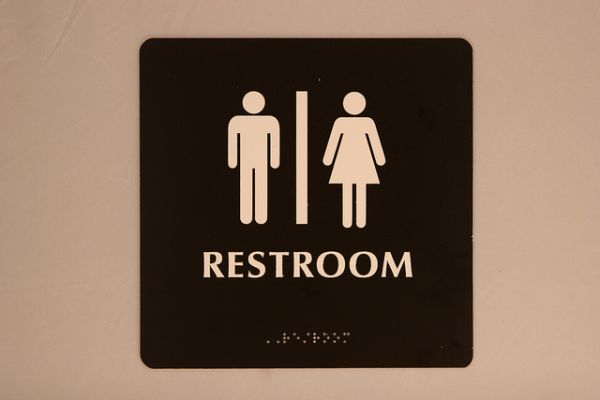Mark Brysbaert of the
Center for Reading Research conducted a study of the English words most commonly understood
specifically be either men or women. Here are the words that men know well that women don't:
- codec (88, 48)
- solenoid (87, 54)
- golem (89, 56)
- mach (93, 63)
- humvee (88, 58)
- claymore (87, 58)
- scimitar (86, 58)
- kevlar (93, 65)
- paladin (93, 66)
- bolshevism (85, 60)
- biped (86, 61)
- dreadnought (90, 66)
And here are the words that women recognize, but men generally don't:
- taffeta (48, 87)
- tresses (61, 93)
- bottlebrush (58, 89)
- flouncy (55, 86)
- mascarpone (60, 90)
- decoupage (56, 86)
- progesterone (63, 92)
- wisteria (61, 89)
- taupe (66, 93)
- flouncing (67, 94)
- peony (70, 96)
- bodice (71, 96)
The assessment examined 500,000 people using a computer-based vocabulary test:
In
the online test, 100 letter sequences — which may or may not be real
English words — flash across the taker's screen. Pressing the "f" or
"j" keys, respectively, will indicate whether the participant knows, but
not necessarily understands, a specific word. The test strongly
penalizing for marking you know a word that doesn't exist.
I'm
a bit skeptical. How could any reasonably functional adult not know
what a claymore is? Don't tell me that it's not taught in even the most
dysfunctional schools.


No comments:
Post a Comment